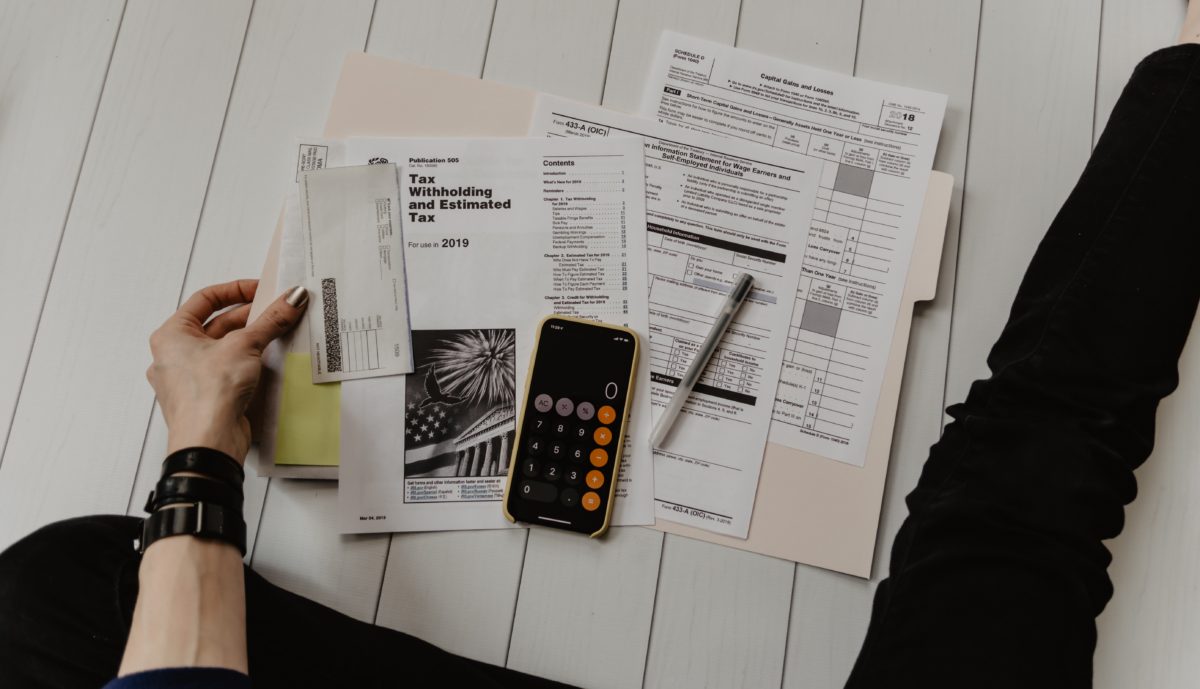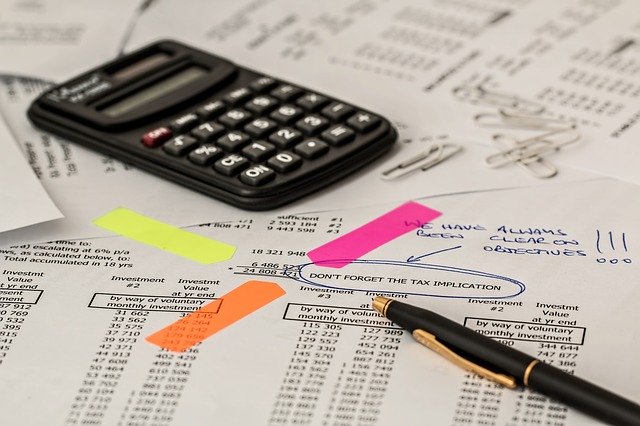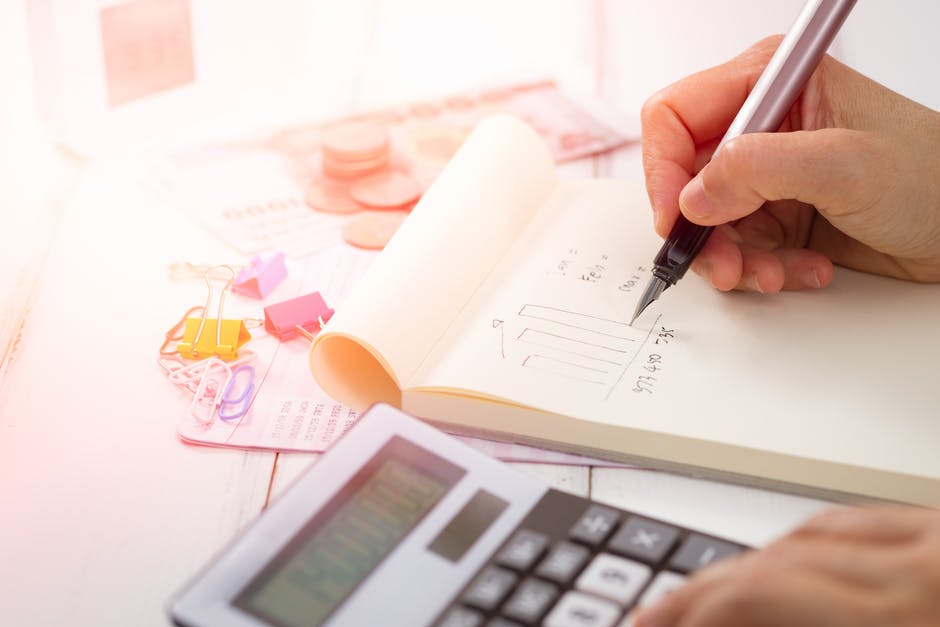Because deadlines are strict, and penalties will be given to late tax payments, you should make sure that you do not put off your “tax day.” You should definitely start preparing your income tax return well before April 15. Whether you are doing your own income tax return or you are getting the help of a certified public accountant or firm to prepare your income tax return, you should get a few things together before you begin or meet with the CPA.
The main thing you will need for your income tax return is proof of the income you made and the taxes you paid in the previous year. That includes income made through employers, interest from accounts, dividends from investments, income made through self-employment, income made as a subcontractor, and any other income. Student loans and other types of loans may also be considered income for the purposes of income tax, as can winnings from a lottery, casino, or other contest. If you are unsure about what can be considered as income for tax purposes, you should contact a certified public accountant.
The other thing that is important is social security numbers for everyone you will claim on your income tax return. That includes social security numbers for your spouse and any children you will claim. Without social security numbers, proof of residence, and birth dates, you cannot claim deductions on your income tax return for these individuals.
The next thing that you should gather is what you will need for deductions. If you have a mortgage, your interest paid to the mortgage company may be tax-deductible. If you use a vehicle for business purposes, you can claim a tax deduction for mileage. If you have children in daycare so that you can work, you can claim a tax deduction for that expense. You can also claim tax deductions for excessive medical expenses and charitable contributions.
If you are self-employed, you will need to also gather your receipts for tax-deductible expenses. A tax-deductible business expense is any expense that is used solely or primarily for the business you are involved in. The tax-deductible expense must be documented in order to claim it, so any receipts you have, usage logs for computers and vehicles, etc. should be gathered so that you can take the highest deduction possible. If you have any doubts about what is tax-deductible for your business, you should contact a certified public accountant to assist you in your income tax preparation.
Once you have gathered all of the necessary tax documents, you must determine which tax forms you need to file. If you are an individual with a few tax-deductible items, you can file a simple tax return. However, if you are self-employed you must also file a tax form called Schedule C. If you have a lot of tax-deductible items, you will want to file a more complex tax return to itemize your tax deductions. If you are unsure what tax forms you need to file, you should contact a certified public accountant to assist you in your income tax return preparation.
Tax Day can be a stressful time, but it doesn’t have to be. Gather all of your required tax documents as early as possible, and don’t put off the inevitable. Contact a certified public accountant as soon as you can if you are unsure what tax forms you need to file, or what tax deductions you can take. And, most importantly, don’t panic on tax day!
At Peavy and Associates PC our mission is to assist you with all your tax preparations, payroll and accounting needs. We provide our clients with professional, personalized accounting services and guidance in a wide range of financial and business needs. Give us a call today and discover why our clients return to Peavy and Associates, PC year after year!





